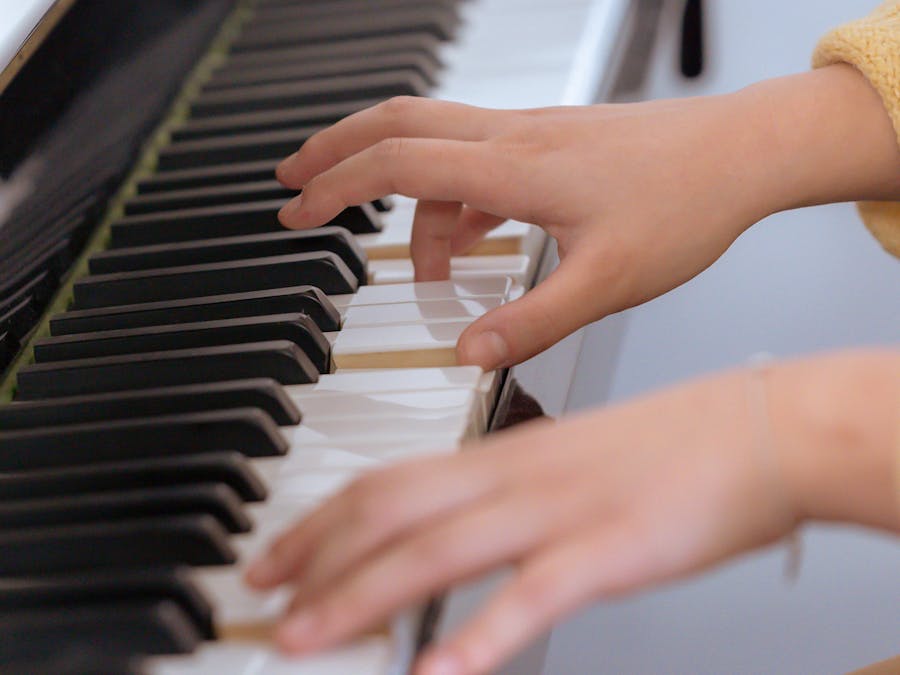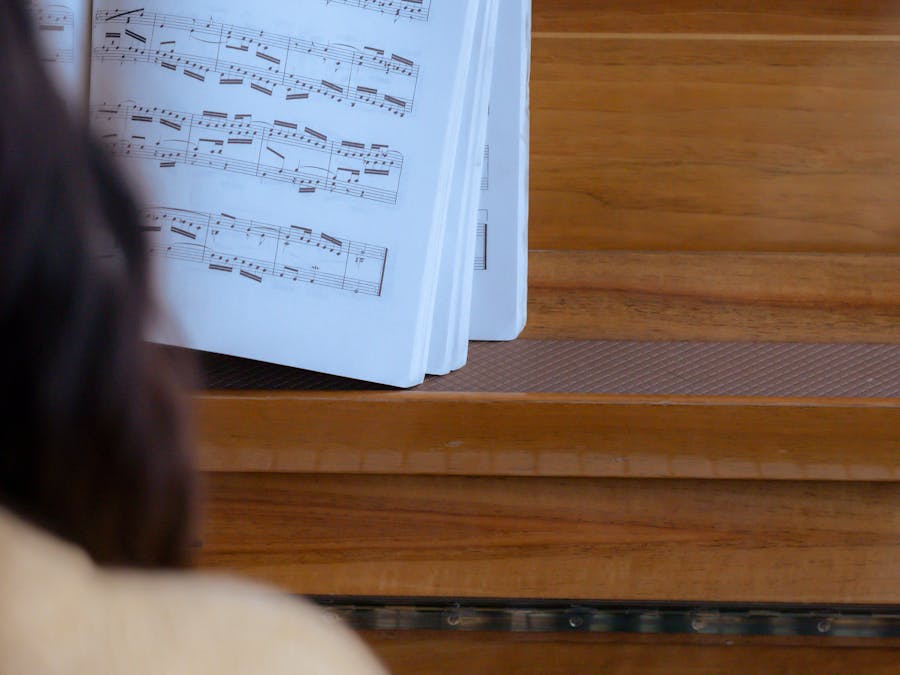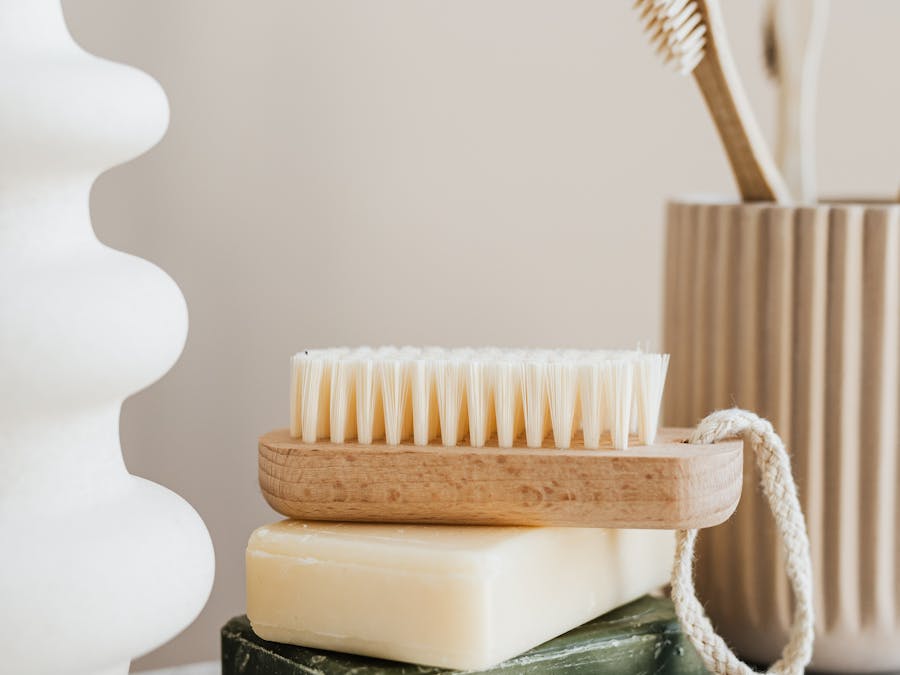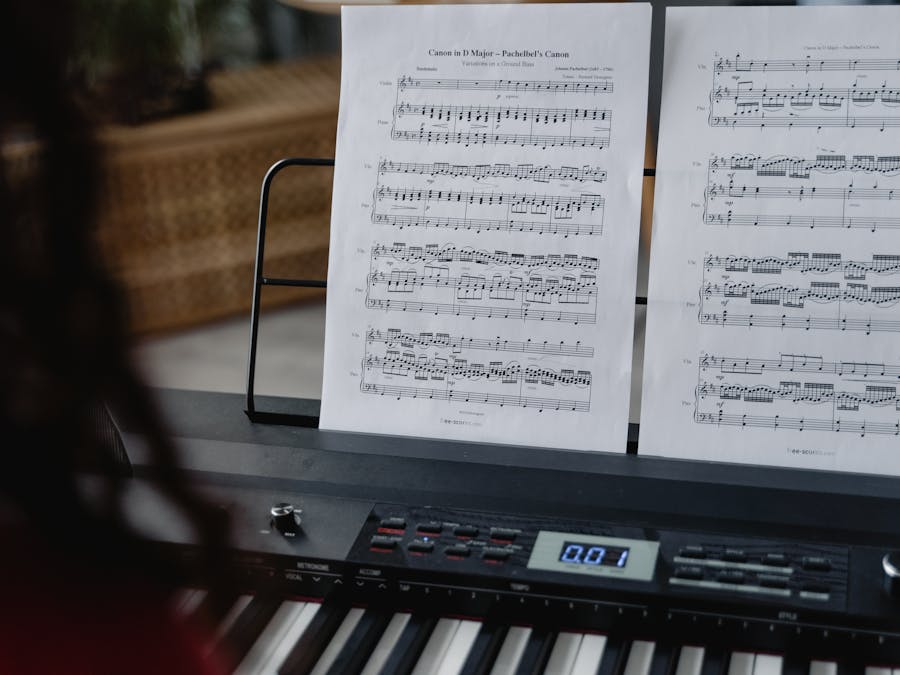 Piano Guidance
Piano Guidance
 Piano Guidance
Piano Guidance

 Photo: Vladimir Konoplev
Photo: Vladimir Konoplev
You can skip piano grades if you want to. There are no rules from the exam boards to stop you. Some common grades to skip are grades 2, 4, and either 6 or 7 i.e. you would take grades 1, 3, 5, either 6 or 7, and 8.

Adult beginners could start with 20-30 min daily piano practice and gradually increase to 1+ hour, divided as for the intermediate levels above.
Read More »
If you're looking to just have fun and play some songs, Rocksmith is a better choice. At the same time, if you're trying to improve your playing...
Read More »Piano students who are working through the music grades system often wonder whether it is better to work through every grade, or whether it is okay, or better even, to skip some of them. There are some compelling reasons for different decisions for you to consider, to figure out what is best for you or your child. You can skip piano grades if you want to. There are no rules from the exam boards to stop you. Some common grades to skip are grades 2, 4, and either 6 or 7 i.e. you would take grades 1, 3, 5, either 6 or 7, and 8. If piano is your second instrument then it is fairly common to skip grades 1 to 4 and have your first grade exam be grade 5. It is also extremely common to skip any pre-grade 1 assessments such as a prep test or the Initial grade, and begin piano exams at grade 1. At the other end of the scale, some people who simply want a qualification will only take the grade 8 exam, providing that they have the relevant music theory qualifications already. If you have a goal in mind of the grade that you ultimately want to achieve, for example grade 8, then that is the only grade exam that it really matters that you take. The other grades are there to guide your learning and help you pace yourself. Here I will talk about some reasons to take the grade exams, some reasons why it might be best to skip a grade, and some reasons to skip learning the syllabus materials entirely.

Shifting can be very tiring mentally, so it's good to stay hydrated when attempting to shift to make sure your body isn't exhausted if/when you...
Read More »
The piano is a relatively easy instrument to learn, but every new skill has its challenges. Below are some of the factors that might be hard for...
Read More »The ultimate purpose of music grades is to enable people to prove that they are at least a certain standard on their instrument. Whilst it is not usually a good idea to compare yourself to others, sometimes certain qualifications are required by institutions. Some musical groups e.g. orchestras may have entry requirements that include being at least a certain grade. Whilst in an ideal world they would audition everybody and assess their standard for themselves, requiring people to have taken a certain exam ensures that everyone is at least the level they are looking for. There are some other situations where having music qualifications can be helpful, for example to get UCAS points if you are applying to university. Grades are an easy way to prove your minimum standard of playing, without having to hope that people will take your word for it. Despite this, there are many situations where it can make sense to skip one or more piano grades:

For example, the dominant seventh chord in C major (or minor) is G-B-D-F.
Read More »
Participants were asked to complete several tests, one of which was the WAIS-II intelligence test. Musicians had a higher IQ than amateur...
Read More »The amount of piano repertoire out there is massive, and as you are most likely learning piano for enjoyment at the end of the day, there is no need to limit yourself to the choice of 18 set pieces. You can spend your time practising pieces that you enjoy, and still get as much improvement in your piano skill from them. Even for people who do learn the grade pieces, it is still essential to play a variety of pieces outside of those set for grades as well that you will enjoy and that give you experience playing in a range of styles. If you have a piano teacher, follow their advice on which standard of pieces would be best to learn in order to get you where you want to be. If you are teaching yourself, it can sometimes be tempting to attempt to tackle a piece that is significantly more difficult than anything you have played before. This can take ages and can be very discouraging. Usually it is more beneficial for your overall skill to instead increase the difficulty of the pieces you are learning ever so slightly each time instead of jumping in at something really difficult. This is where following some sort of structure like the grades provide can be helpful. However, most people find that having a piano teacher is really helpful, because you have access to a personalised, tailored approach to your learning with individual feedback that you can’t get elsewhere. Having piano lessons can be a great way to speed up your learning and help you reach grades faster. If you’re looking for a piano teacher, whether online or in-person, and are based in the UK, you can use my link to Tutorful to get a free £25 credit off your piano lessons here when you create an account. That way you can get your teacher’s advice on your individual situation and get a more personalised answer to whether it would be best for you to skip grades. Overall, whether you choose to take piano grades or not is an entirely individual choice. You can discuss which route is best for you with your piano teacher. I have some students taking grades, some learning the grade materials but not taking the exam, and some ignoring the grade system completely. It just depends on what suits you best.

Cola Cleaning Pour a cola-flavored soft drink over the keys and let them set for 24 hours. The ingredients in the cola are effective at removing...
Read More »
$299.99 $9.99 per month (12 month commitment) $299.99 for lifetime access.
Read More »
Also, under the comprehensive car insurance policy, insurers do not cover the repair or replacement cost of the car key(s)/lock/lockset. In case of...
Read More »
One thing to keep in mind is that the first chord of a song isn't always the key. It can be any of the chords in the song, and you'll want to be...
Read More »